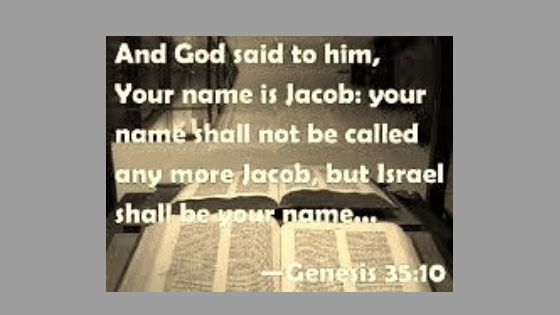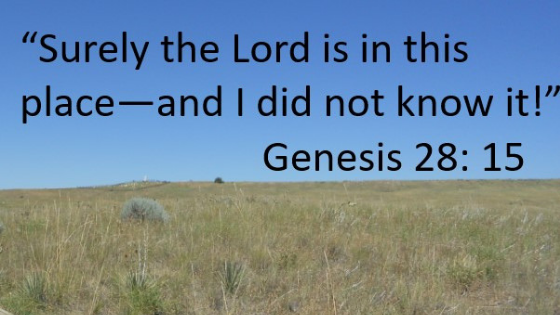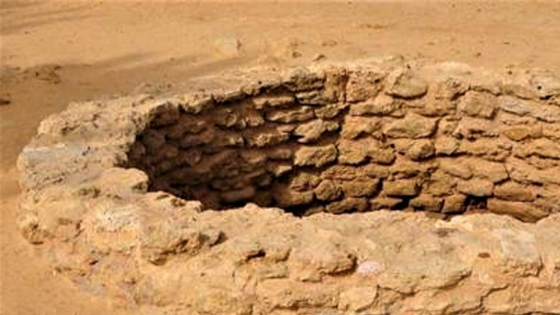Shabbat Table Talk
Erev Shabbat 18th May 2018
Week of 13th – 19th May 2018
Torah Portion: Numbers 1:1-4:20 Haftarah: Hosea 2:1-22
‘They will set out just as they encamp’ (Numbers 2:17)
 Numbers 1:1-4:20 is set in the shadow of Mt. Sinai, just over a year after the Israelites have left Egypt. Preparations are still under way for the journey through the wilderness. God seems already to be anticipating the difficulties that lie ahead for a liberated people as He identifies those ‘able to go to war’ in the first of two censuses He commands Moses to carry out. God then tells Moses that the Tent of Meeting is to be central to the whole camp (2:2) and ‘gradually, this physical centrality must have led to the Ark’s gaining a central place in the Israelite soul.’ (Etz Hayim p774) This text presents an image of the Tent of Meeting being protected and cared for by the Israelite people.
Numbers 1:1-4:20 is set in the shadow of Mt. Sinai, just over a year after the Israelites have left Egypt. Preparations are still under way for the journey through the wilderness. God seems already to be anticipating the difficulties that lie ahead for a liberated people as He identifies those ‘able to go to war’ in the first of two censuses He commands Moses to carry out. God then tells Moses that the Tent of Meeting is to be central to the whole camp (2:2) and ‘gradually, this physical centrality must have led to the Ark’s gaining a central place in the Israelite soul.’ (Etz Hayim p774) This text presents an image of the Tent of Meeting being protected and cared for by the Israelite people.
God provides instructions about how to behave in the Tent of Meeting, where closeness to God is so intense it may result in death if not handled properly (Num 4:15-20). Likewise, in the Haftarah Hosea 2:1-22, entering into a close relationship with God results in death unless certain behaviors are adhered to (2:3). While we may baulk at the punishments for not behaving appropriately and seek rationales such as their being of their time and reflecting the author’s intention, we might also find ourselves curious as to why such intimacy with God carries such danger and how we might navigate our way. ‘God is like a fire, capable of warming and comforting, but capable of burning as well.’ (Etz Hayim p774)
In the wilderness, the Kohathites from within the tribe of Levi, are allowed closest to the Tent of Meeting. They must not touch or look at ‘the holy things’ but it is important that they obey God’s command (4:15, 20). Earlier it was noted that all the people obey what the Lord commands of them (1:19, 54). Later in Hosea however, set in the 8th century BCE, ‘there is no faithfulness or kindness, no knowledge of God in the land’ (Hos. 4:1-2). Hosea notices a loss of connection with God. Yet God points out that He is the provider of all that is sought elsewhere (Hos 2:8). God recognizes that He needs to bring Israel back to the wilderness for ‘There she shall respond as in the days of her youth, as at the time when she came out of the land of Egypt’ (Hos 2:14-15).
Considering Numbers 1:1-4:20 through the lens of Hosea 2:1-22, we see the consequences when life moves away from, rather than with, the Tent of Meeting – when life is focused on other things rather than God. Hosea invites the people to reconnect with God by re-entering the wilderness, where the qualities and skills required to navigate life safely, in obedience to God’s word, can be honed. Before this return however is punishment. God says, ‘I will strip her naked and expose her as on the day she was born’ (Hos 2:3 NRSV trans). Whatever way we translate this statement, it invites us to grapple with its harsh tone. At the same time, we recognize that the Hebrew word yṣg, can mean ‘to place, establish’ rather than ‘expose’. The Septuagint picks up this potential within the Hebrew, translating yṣg as apokatastēsō meaning ‘to restore, bring back (to an earlier condition). This allows for a more nuanced and holistic understanding of God’s action, restoring an original, more God-centred state while, paradoxically, allowing this renewed state to be informed by the experience gained from exercising free will.
Reflection and Discussion: 1 What happens to me when I lose my connection with God? Can I be curious about how I know this connection is lost or less intense? 2 How does this loss influence my connection with myself and others? 3 What supports do I use to maintain connection at all these levels?
Bibliography: The Five Books of Moses by Robert Alter, Etz Hayim – Torah and Commentary by David L Lieber, The Torah – A Modern Commentary by W Gunther Plaut, NRSV
This week’s teaching commentary was prepared by
Thérèse Fitzgerald nds, Bat Kol Alumni record 2015
Email address: theresefitzgerald7@gmail.com
[Copyright © 2018]
………………………………………………
PLEASE NOTE: The weekly Parashah commentaries represent the research and creative thought of their authors, and are meant to stimulate deeper thinking about the meaning of the Scriptures. While they draw upon the study methods and sources employed by the Bat Kol Institute, the views and conclusions expressed in these commentaries are solely those of their authors, and do not necessarily represent the views of Bat Kol. The commentaries, along with all materials published on the Bat Kol website, are copyrighted by the writers, and are made available for personal and group study, and local church purposes. Permission needed for other purposes. Questions, comments and feedback are always welcome.
………………………………………………..
Bat Kol Institute for Jewish Studies, Jerusalem
~~1983–2018~~
“Christians Studying the Bible within its Jewish milieu, using Jewish Sources.”
Website: www.batkol.info; Parashat Admin: gill@batkol.info



